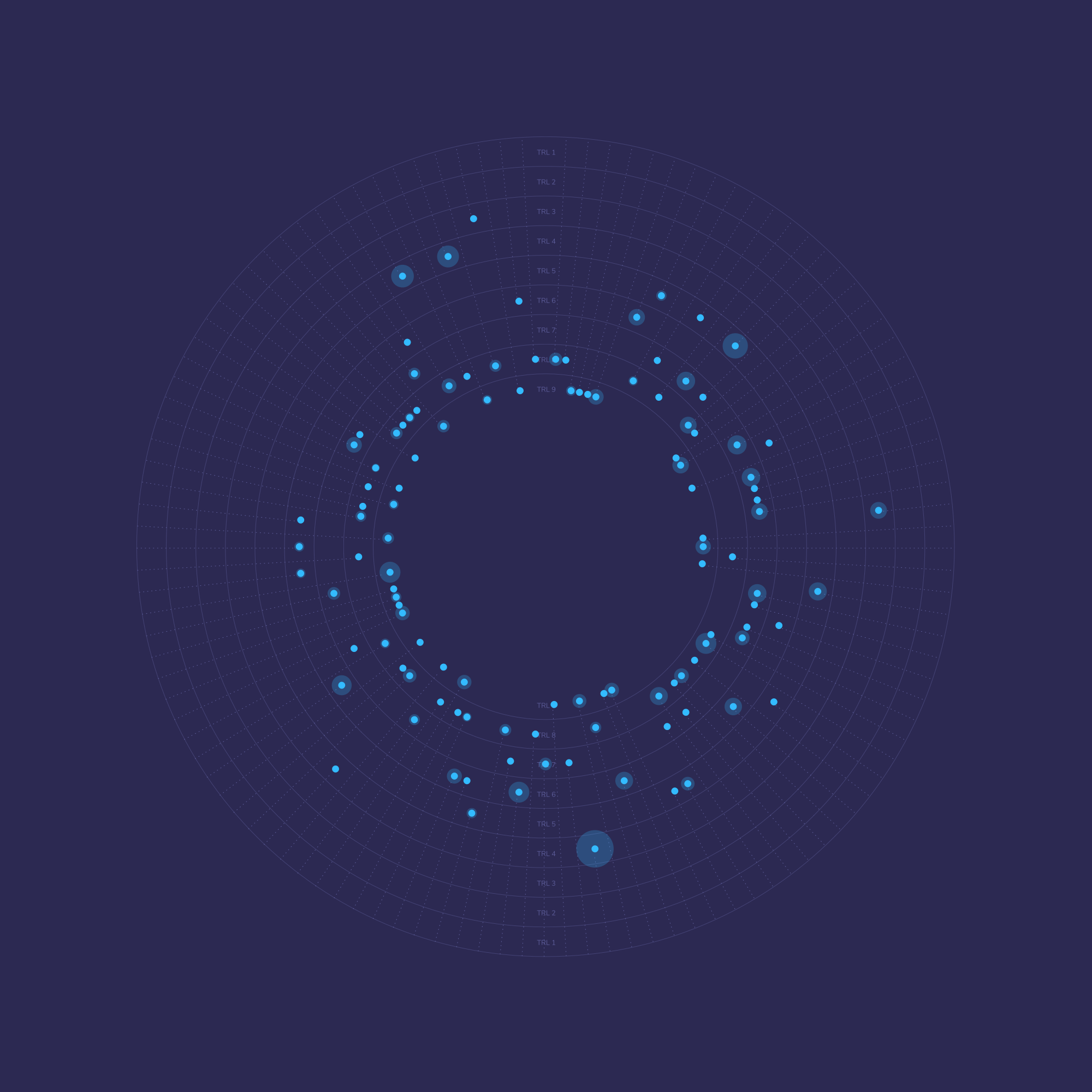Rights Tokenization
Lidia Zuin
CACTUS Creative Studio @ stock.adobe.com
Granting Rights Through Technology
Blockchain technology has the potential to unlock issues that thrive in the area of regulation and governance by tokenizing predetermined rights, such as voting or retirement through the development of specific Smart Contracts. By inscribing the legal rights of token holders in an existing code or legislation, it would allow citizens to perform a variety of functions and grant their owners automated contracts. Besides, it would ensure proper management throughout all steps in the process as the technology grants ownership of information by making it immutable without the need for a centralized administration.
Once these tokens are given to a citizen, it is impossible to update them without registering or simply erasing ownership. This feature alone would improve compliance and be capable of guarding citizens and procedures against theft and corruption. Additionally, only users with tokens would be authorized to access the platform.
Governments could make these systems more accessible to users by applying digitization and creating automated enforcement mechanisms. Nevertheless, robust agreements throughout all levels of governance might be decisive in swaying public opinion in favor of blockchain-based services; without any specific party in charge, no one could ultimately be held accountable. The platform essentially eliminates the need to have a government-run registry for every transaction.
Economically, tokens could allow citizens to make payments inside the network, such as taxes or other bills, a useful resource when considering the implementation of concepts such as GovCloud. Budgets could thus be easily shared by distributing digital tokens to citizens for retirement and social security or even automatically sharing fluctuations in interest rates (especially with evolving investments). However, user experience and internet coverage must evolve to make this protocol accessible to the entire population instead of excluding those without access to digital technologies or not completely digitally literate.
Legislation and Side-effects
The legislation around tokenization and ICOs is still fuzzy and hard to nail down. As a result, one of the first challenges to overcome would be to create new rules and laws to accommodate government blockchain technology. Upon implementation, instead of different agencies taking care of compliance, insurance, and capital distribution, in the future, they could all be substituted by different public-ledger platforms.
In this sense, collectives such as the Tokenization of Rights group are working on the evaluation of best practices that can be linked to tokens under several local European laws. This case, in special, showcases an initiative that assesses the needs and methods for tokenization to represent financial instruments (especially in the case of transferable securities) and any further requirements that must be met for the creation of such tokens under local civil laws and supervisory authorities.
However, there are downsides too. By turning some rights, such as voting, into tokens with value, there is a risk that capital might overtake the decision-making process. Henceforth, if not well regulated, the process of tokenizing rights could be misused as a tool for authoritarian regimes to jeopardize fundamental rights under the terms of decentralized protocols.
